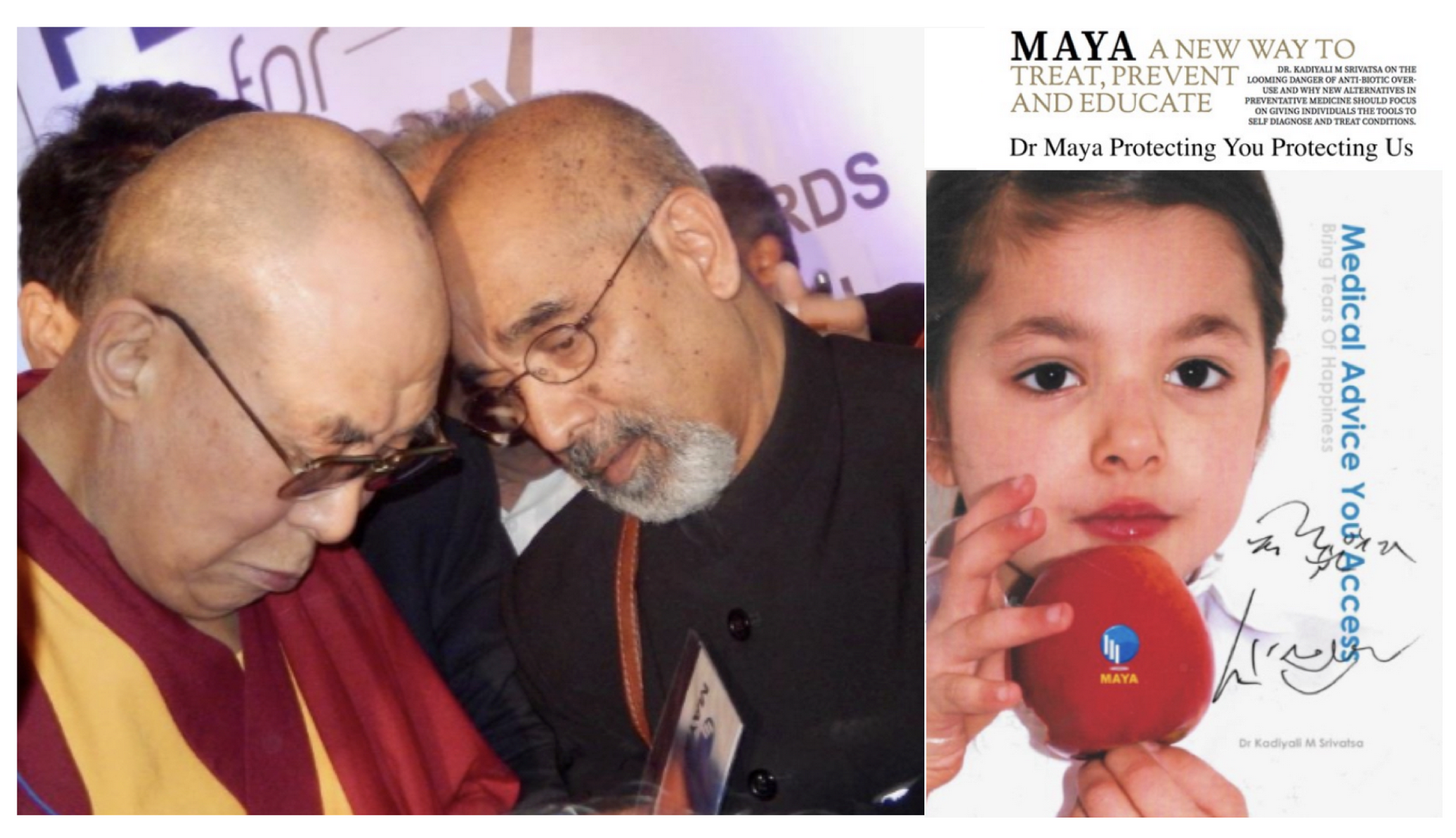Dr. Kadiyali Srivatsa’s groundbreaking contributions to digital healthcare predate the tech giants that now dominate the industry. Long before companies began integrating AI into medical apps, Dr. Srivatsa envisioned a world where patients could take control of their health, not out of convenience but necessity. His innovations transformed patient-centered care into a digital format, setting the foundation for accessible, affordable, and informed healthcare globally.
A Vision Ahead of Its Time
In the early 1990s, Dr. Srivatsa pioneered the digitization of patient-centered care by developing programs on Personal Digital Assistants (PDAs). At a time when the internet was in its infancy, his goal was to empower individuals to self-diagnose, understand their symptoms, and manage their health proactively. This was not just a technological achievement but a deeply empathetic response to the inequities in healthcare access, particularly in underserved regions.
The Integration of a Dermatology Atlas: Revolutionizing Skin Health
Among his many achievements, Dr. Srivatsa recognized the need to address dermatological concerns—a field often overlooked in early digital health tools. He integrated a dermatology atlas into his digital healthcare model, allowing users to:
- Identify Common Skin Conditions: The atlas provided clear, color-coded images of skin lesions, enabling users to recognize conditions like eczema, psoriasis, or fungal infections.
- Understand Rare Conditions: It went beyond the usual scope by including rare but significant conditions, offering detailed descriptions and visual references to educate users.
- Encourage Early Intervention: By categorizing skin conditions based on severity, Dr. Srivatsa’s system helped users determine whether to seek immediate medical attention, consult a pharmacist, or manage symptoms at home.
A Patient-Centered Approach
Dr. Srivatsa’s innovations were not algorithm-driven but deeply rooted in medical ethics and patient education. He believed in simplifying medical knowledge without oversimplifying its nuances. His color-coded system, part of his broader “MAYA” framework, categorized symptoms by severity to alleviate patient anxiety while ensuring safety. This approach to dermatology provided an intuitive way for users to understand when professional intervention was necessary.
Why Dr. Srivatsa Deserves Recognition as a Pioneer
While today’s healthcare apps rely heavily on AI and big data, Dr. Srivatsa’s approach was built on foundational medical principles:
- Patient Empowerment: He emphasized educating patients to understand their health, rather than blindly relying on technology or professionals.
- Prevention of Misdiagnosis: By integrating a dermatology atlas, he aimed to reduce unnecessary consultations and empower patients to recognize patterns in their symptoms.
- Accessible Innovation: His tools were designed for global applicability, offering solutions for both urban tech users and rural communities with limited healthcare access.
The Legacy of Dr. Srivatsa’s Innovations
Dr. Kadiyali Srivatsa’s foresight and contributions to digital healthcare deserve recognition as pivotal moments in the history of medical technology. His integration of tools like the dermatology atlas not only made healthcare more accessible but also highlighted the importance of patient-centered care in the digital age. Today’s tech giants may have expanded upon his ideas, but the foundation he laid remains unparalleled.
By creating a system that combined empathy, education, and technology, Dr. Srivatsa proved that digital healthcare could—and should—be about more than just convenience. It should empower individuals to take charge of their health, reduce fear, and build a bridge between patients and their doctors. In this way, Dr. Kadiyali Srivatsa is not just a pioneer but a visionary whose contributions will continue to inspire the future of healthcare

